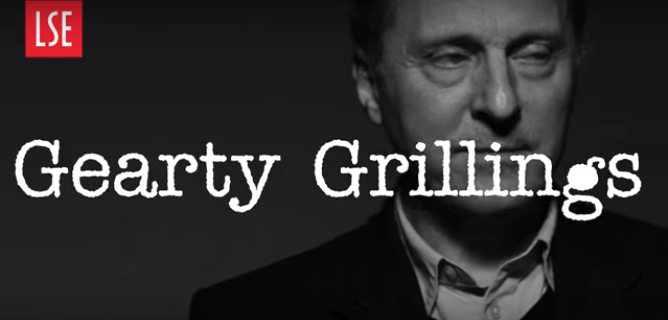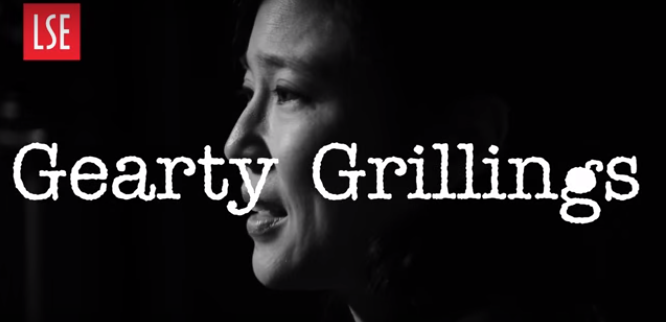 Chief Executive Disability Rights UK
Chief Executive Disability Rights UK
Mentors: “I haven’t had formal mentors throughout my career. I know that they are really important. I think what I have had, though, is kind of “senior champions”. So, say in an organisation, somebody who is taking an interest in your career. It might be your immediate boss, or somebody in a more senior role, who takes an interest and supports your career development. I think I’ve been very lucky in some of the people I’ve had as line managers, who have given me space to develop new things, new programmes, new ideas, wanted to make sure it works, but have had real trust in me. More recently I have also had great mentors in the more formal sense, who have helped support my leadership development.”
On overcoming challenges: “I have a network of very close women friends (mainly women, one or two men) and a very supportive partner, and I think that personal support is crucial. And, you have to have a certain amount of resilience. I do know some people who get really paralysed by anxiety, and you do sometimes hit very difficult issues – but it is more than possible to get through them, to keep going, by remembering the purpose you are pursuing and ensuring you have balance in your life, and support.”
Impact: “I am really keen to bring in other women. I like to think that I have recruited and supported and promoted talented women in my career, and that’s really important. I was growing up at the time of Thatcher with the classic “get to the top and pull up the ladder” attitude, leaving behind any other woman. I very much wanted not to do that, but rather recruit and support very diverse teams. At the Disability Rights Commission, for instance, I had a very, very diverse team in terms of disability, in terms of ethnicity, in terms of gender, and sexual orientation. The quality of the discussions was absolutely fantastic, because people came from really different perspectives.”
Lessons: “It’s good to find people who may be able to support your career. Once you know what you want to do, you can be really proactive. I’m struck now by people who contact me and say, ‘Can I come and shadow you?’, and if I’ve got the time, I always say yes, because what’s to lose? So, if you think it would be interesting to go and shadow somebody in the field of work that you’re interested in going into, or if you think they would be a good mentor, why not ask? They can only say no.”





